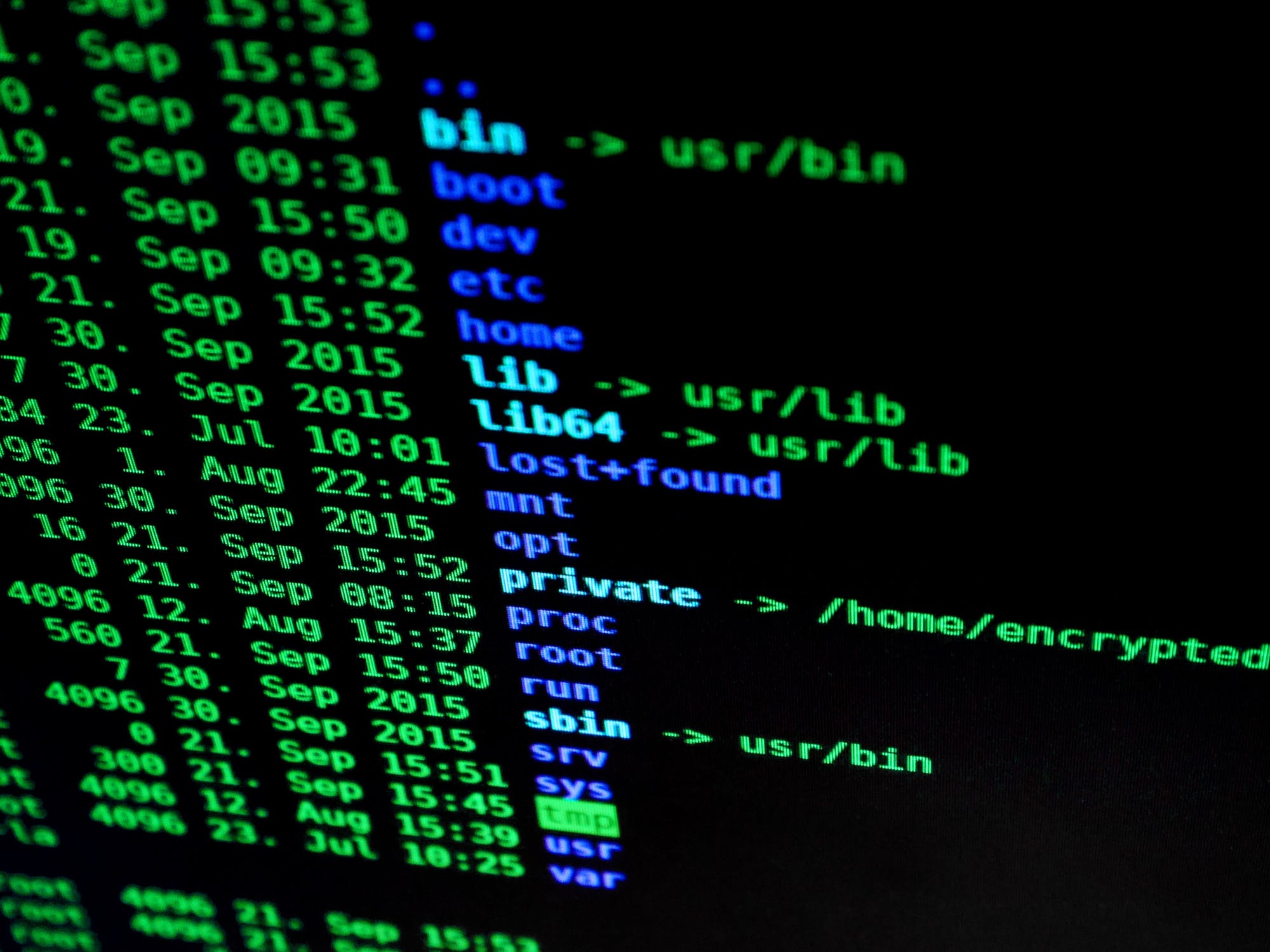Why You Need Data Protection

Data protection is the process of protecting digital information by ensuring that data can be used for commercial purposes without violating the privacy of customers or end users.
Data protection regulations guarantee the security of people’s personal data and govern the collection, use, transfer, and disclosure of such data. Data protection regulations also provide access to personal data and impose responsibilities on organizations that process personal data and complement this by providing safeguards against unauthorized and harmful processing.

Compliance rules help ensure that users’ privacy requests are met by businesses, and businesses are responsible for taking steps to protect users’ personal data. This regulation requires companies to have policies and processes in place to protect their customer information and ensure that credit card information is handled and stored appropriately. Many organizations take steps to protect their data from access by unauthorized persons.
Without proper data security policies in place and data backup options, sensitive information can fall into the wrong hands, allowing them to gain access to the network and expose the personal information of customers and employees. Having security software in your corner ensures that you can more easily detect and prevent data breaches.
A comprehensive data protection strategy protects digital assets from attacks and keeps accountability and protection against insider threats. A successful strategy can help prevent data loss, theft, or corruption and minimize damage caused in the event of a hack or crash.
The right approach is to take proactive measures and measures, such as implementing adequate data protection measures or implementing data protection software to help manage your privacy program and automate processes.
By implementing a data protection strategy, you can maintain a good reputation, avoid downtime, protect your data, and protect your business from lawsuits.
Data security is everyone’s business, so it’s also important to ensure regular and ongoing security training is part of your data protection strategy. With data monitoring, you can test and demonstrate your security and protection strategies to ensure they are effective.
If you want your business to be successful, you need to take control of your data privacy strategy. You must not only collect, store, process and delete data in accordance with regulatory requirements, but you must also have strong information security policies and practices that protect your customer data from malicious or unauthorized use.
If you want to attract loyal customers and keep them, you need to properly protect the data that is provided to you. Whether you work with your customers’ data, store sensitive information from your industry, or even just store information about your employees on your company’s server or in the cloud, data protection should be one of your top priorities.
From personal and financial data to the contact information of your suppliers, customers, employees and others, data protection is essential for any business that hopes to thrive in the business arena.
In fact, every organization or business should have a clear data protection and privacy policy explaining how the data you share with them will be used.
Organizations, companies and governments must comply with data protection laws to ensure the security, accuracy and legality of anyone’s sensitive information. Protecting everyone’s data means ensuring the security of personal data and any other activities related to the collection, processing, storage, exchange and deletion of such information.
Related News

How Entrepreneurs Challenge the Status Quo
Entrepreneurs are the driving force behind innovation and change in our society. They are theRead More

From Cubicles to Coworking Spaces
The modern workforce is continually evolving, driven by technological advancements, changing employee preferences, and theRead More
Comments are Closed